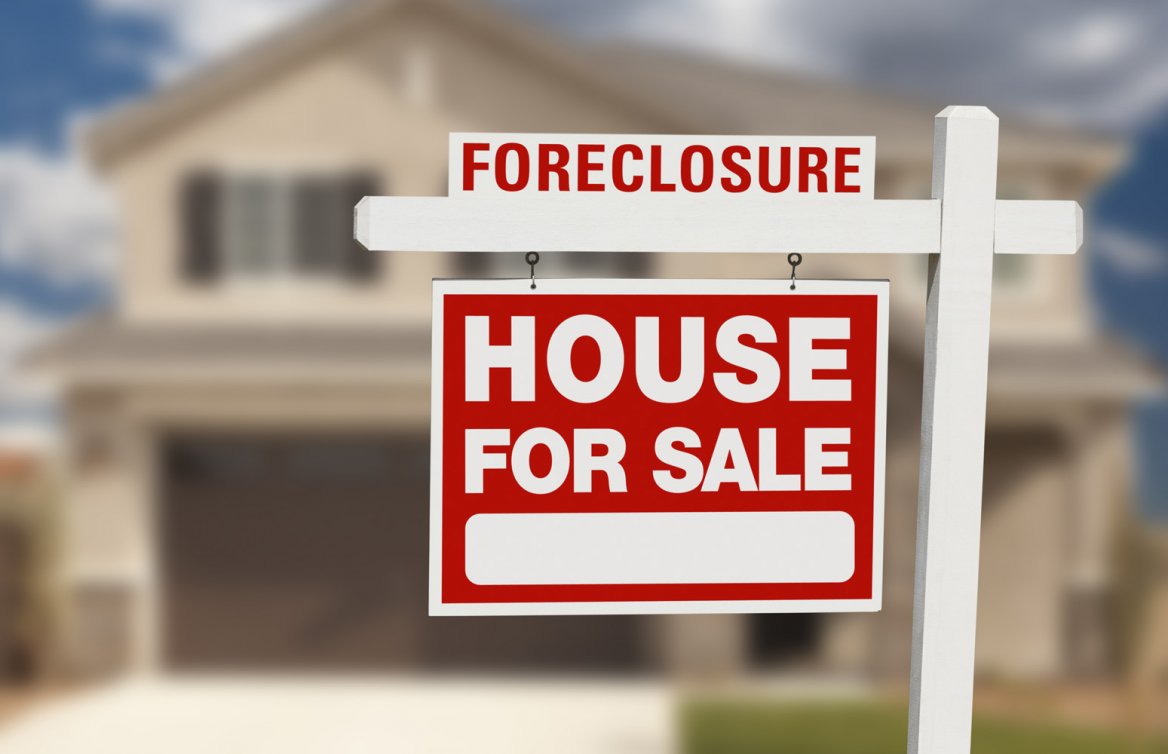Arizona is a great place to live. We have amazing winter weather, beautiful landscapes, nice restaurants, and good shopping. But, what makes the state of Arizona truly special? I would point to something called the “anti-deficiency” statute. If you are a struggling homeowner, the anti-deficiency statute is definitely something you need to be aware of. As a potential bankruptcy debtor, it is also something to take note of, as it may directly influence your decision on whether to file for bankruptcy or not.
What does the term “anti-deficiency” mean? It basically means that if you were to have to walk away from your home, your lender (in certain circumstances that will be described in more detail) cannot pursue you for the difference between what is owed on your home and how much it is sold for at auction. For example, if you owe $150,000.00 on your home, but its value is only $60,000.00, it is most likely not going to be sold for more than $60,000.00 at auction. There would be a $90,000.00 difference left-over to be paid to your mortgage company, or a $90,000.00 deficiency on the note. In certain states, the mortgage company would have to “eat” this deficiency and could not pursue you. In other states, the mortgage company could sue for the deficiency and obtain a judgment, just like any other creditor. Arizona is so special because it is one of only a handful of states that offer mortgage deficiency protection. A few others are California, Florida, and Texas. Overall, those states without deficiency protection greatly outnumber those with it.
Just as I mentioned above, not all cases and not all loans will qualify under Arizona’s anti-deficiency statute. First off, a VA or other federal loan may not receive this treatment because it would be subject to federal laws. Federal laws will always trump state laws.
Ok, so what if your loan is a not a federal home loan? The place to start is with an overview of the foreclosure process. Arizona has two statutes governing foreclosure proceedings: ARS 33-729 and ARS 33-814. 33-729 concerns judicial foreclosures, while 33-814 concerns non-judicial foreclosure. A judicial foreclosure occurs when there is an actual mortgage securing the loan. The holder of the mortgage may go to the court and file a complaint against the homeowner for breach of contract. Once the judge enters a finding of default, the home will go to a sheriff’s sale. Non-Judicial foreclosure is more common in Arizona. A non-judicial foreclosure occurs when the loan is secured through a deed of trust, not a mortgage. The foreclosure proceeding can move forward without judicial intervention and by proceeding with a notice of default and, eventually, a notice of trustee’s sale.
ARS 33-729 (A) states that if your lender proceeds with judicial foreclosure, you will be protected from the deficiency if the loan was used to secure all, or part, of the purchase price of a single one-family, or single two-family dwelling, that is situated on less than 2.5 acres of land. There are a few things to take note of here. If your loan was not used for the original purchase of the property, such as a HELOC, this statute will not protect you from the deficiency of the non-purchase money loan. Additionally, if you are foreclosing on an apartment complex, office, or commercial property, this statute will also not protect you. ARS 33-814 (G) states that if your lender proceeds with a non-judicial foreclosure (remember this is the most common in Arizona), you will be protected from a deficiency if the loan secures property on less than 2.5 acres of land that is utilized for a single one-family or single-two family dwelling. Basically the same language as 33-729(A), BUT, there is no mention that the loan must have been used to secure the purchase of the property. So, if your lender pursues a non-judicial foreclosure on a HELOC, it will not be able to pursue you for the deficiency. It is important to note here too, that the statue only applies to residential single-family or duplex properties.
Ok, so you have a HELOC secured by a deed of trust. You’re fine, right? Not exactly. A non-purchase money loan, like a HELOC, is considered a recourse loan. This means that the lender of the HELOC can decide to waive the right to foreclosure and instead sue to collect the amount of the loan. Because most homes are underwater in this economy, a holder of a recourse second mortgage is probably never going to foreclose. Therefore, they may waive the right of foreclosure in order to sue.
If you are in a home that is underwater and you have been considering filing for bankruptcy, I would greatly suggest talking to a bankruptcy attorney about your options. As much as we love getting new clients, we struggle to advocate a bankruptcy if a potential debtor has little, or no unsecured debt, and would be protected by Arizona’s anti-deficiency statutes. Also, even if there is a recourse second, or the anti-deficiency statue may not apply, sometimes a “wait-and-see” approach is the better option. These are all things that a good bankruptcy attorney can discuss with you.
